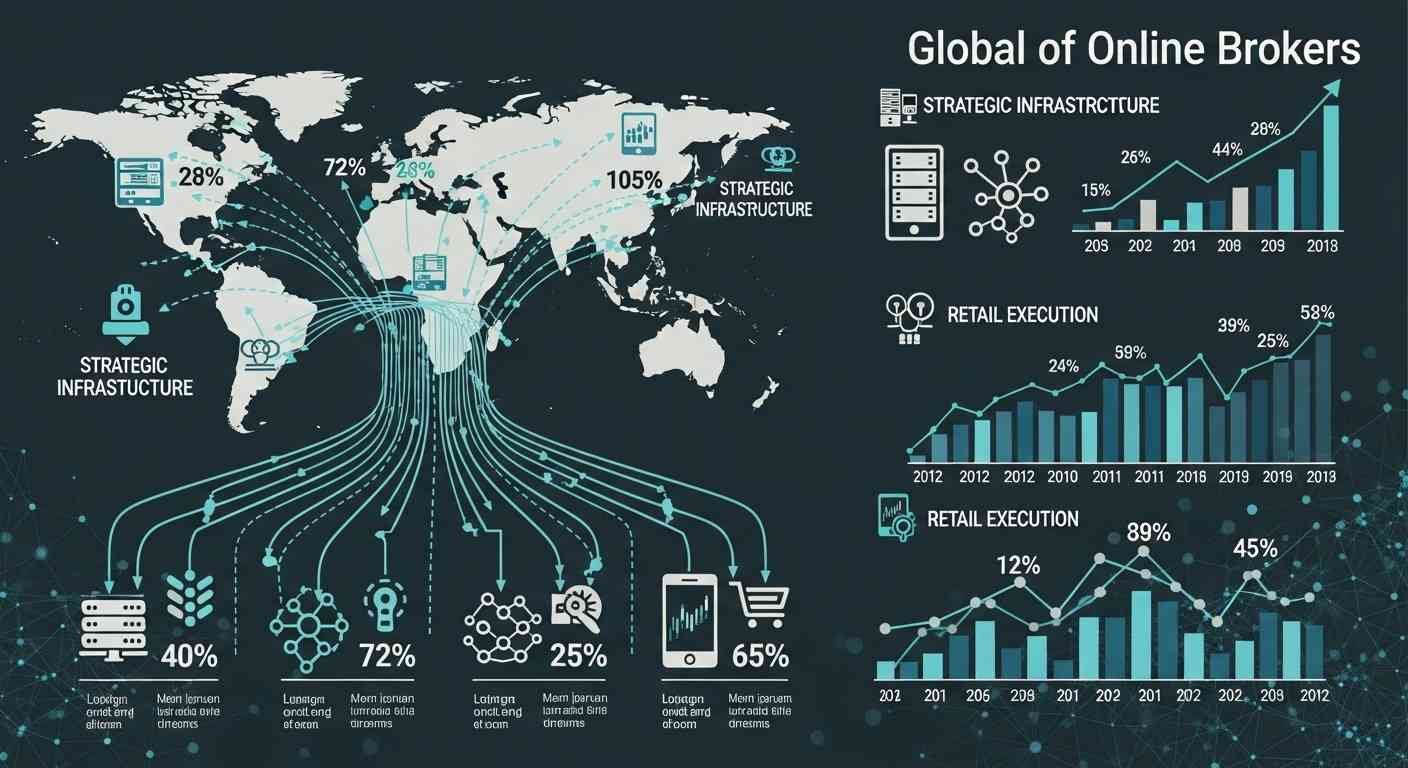Sports betting has always been a blend of knowledge, intuition, and risk. For decades, punters have relied on team news, player form, and gut feelings to make wagers. But in recent years, data analytics has emerged as a powerful tool that promises to shift the balance. The question many are asking now is whether data can give bettors a true competitive edge, or if the unpredictability of sport will always win out.
How Data Shapes Modern Betting
Bookmakers themselves have long been at the forefront of using data. They employ teams of analysts and algorithms to calculate odds, adjusting them in real time to reflect new information. For casual bettors, this might seem like a disadvantage, but the same tools are becoming increasingly available to the public. Advanced statistics, predictive models, and real-time data feeds can now be accessed by anyone willing to put in the work.
The rise of platforms that provide detailed analytics has allowed savvy bettors to track everything from expected goals in football to player efficiency ratings in basketball. These insights go far beyond traditional stats, offering a deeper picture of performance. Much like the innovation seen in uk crypto casino, where digital payments and blockchain are changing how players engage with gambling, data-driven betting represents a new way for punters to interact with the industry.
Can Analytics Truly Create an Edge?
The short answer is yes—but with limitations. Data analytics can identify trends, uncover inefficiencies, and highlight value bets that casual players might miss. For example, in football, expected goals (xG) models can help bettors see when a team is underperforming or overperforming relative to their chances created. In tennis, tracking serve percentages or break-point conversion rates can give an edge in predicting outcomes.
However, data is not a crystal ball. Sports are unpredictable by nature, and external factors—weather, referee decisions, or sudden injuries—can always overturn even the most carefully built model. What data does best is reduce uncertainty, not eliminate it. Bettors who see analytics as a way to increase their long-term profitability, rather than as a guarantee of short-term wins, are the ones who truly benefit.
The Psychological Advantage of Data
One overlooked benefit of using analytics is the psychological edge it gives bettors. Having a framework for decision-making helps reduce emotional bias. Many punters fall into traps like backing their favorite team regardless of odds or chasing losses after a bad run. Analytics forces a more disciplined approach, where decisions are based on evidence rather than emotion.
This mindset is crucial in betting, where bankroll management is as important as predicting outcomes. A bettor who uses data not only improves their chances of spotting value but also avoids the costly pitfalls of impulse-driven wagering.
Technology and the Future of Betting
The role of analytics will only grow as technology advances. Machine learning algorithms are already being used to process vast amounts of data and identify patterns too complex for humans to detect. In the future, we may see bettors relying on AI-driven recommendations the same way investors use trading bots in financial markets.
Wearable technology could also play a role. Imagine having real-time biometric data on athletes during a game—heart rates, fatigue levels, and performance indicators—feeding directly into live betting odds. This level of detail could make analytics even more powerful, though it also raises questions about fairness and accessibility.
The Balance Between Skill and Chance
At its core, betting will always contain an element of luck. Data analytics can tilt the odds in your favor, but it cannot guarantee outcomes. This balance between skill and chance is what makes gambling exciting and why bookmakers remain profitable. Even professional bettors who use analytics rigorously experience losing streaks.
The key takeaway is that analytics transforms betting from pure speculation into something closer to informed risk-taking. For players who approach it with discipline, it can indeed provide a competitive edge, but only when combined with patience, bankroll management, and an understanding of the inherent unpredictability of sport.
Final Thoughts
So, can data analytics give bettors a real competitive edge? The answer is yes, but with nuance. Analytics allows bettors to make smarter, more disciplined decisions, identify value bets, and reduce emotional bias. But it doesn’t remove uncertainty—sport will always carry surprises that no model can predict.
For the modern bettor, the best approach is to embrace data as a tool rather than a guarantee. Much like the evolution of online casinos with crypto and blockchain, analytics represents the next frontier of betting—one that rewards knowledge, preparation, and discipline as much as luck.



